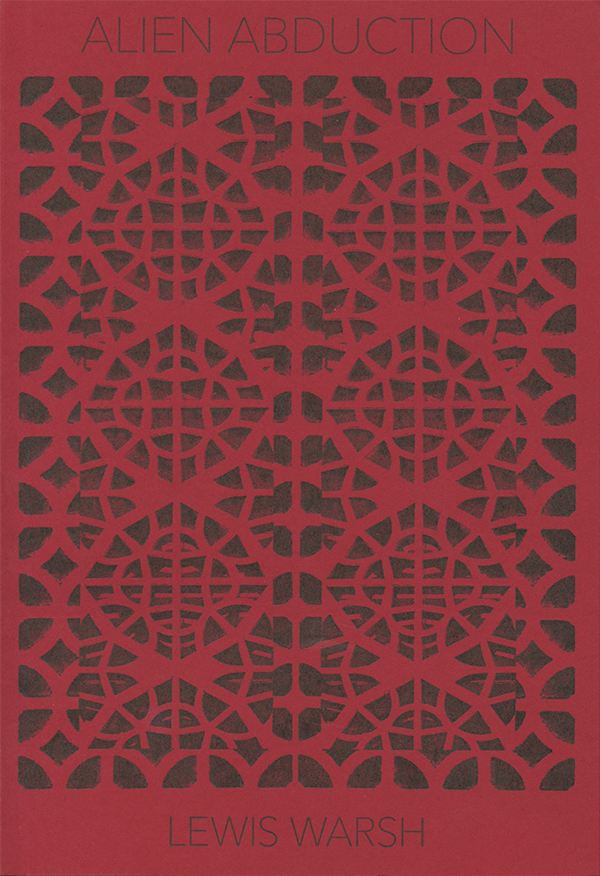Lewis Warsh is a poetry icon and a genius. His poems in Alien Abduction sing with a million inner and outer worlds that are both familiar and unfamiliar and speak of a new world of ideas and language that is timeless, gloriously happy and angry, and painstakingly beautiful. Warsh listens closely to everything, and in this book we find the mix of everything that makes up a life: Marx, Rousseau, sour milk, the songbook and the queen of hearts, mescaline, houses and bars and Paris. But in it too we find a life that is always strange because it is living and constantly changing and the eternal songs we must sing until the end of days and must thank Warsh for singing them first to us.
Dorothea Lasky
Nothing about Lewis Warsh's experiences is resolved, closed, or immune to his inner conflict. The reader follows him from an anecdotal phrase to a pan of the camera, from an often self-deprecatory meditation to droll truism, to astonishment at the obvious. He crafts his sequences so each relocation pertains, its simultaneity has purchase. Alien Abduction is as ambitious and successful as the best of his collections.
John Godfrey
"Rousseau said something about something." We lean in closer. We want to hear what this very intelligent and charming person is saying. But, no dice. Not only will we never learn what Rousseau said, we won't even know which Rousseau the poet meant. But no matter. We are so seduced by this voice that we follow it down endless corridors, onto street corners, into flittings of the mind that remind us at each turn of our own, they seem so natural, so un-created. That's a trick Lewis Warsh plays, a sleight-of-hand, never more deftly than in his most recent collection, Alien Abduction. Prepare to be abducted. And to enjoy every second of it.
Vincent Katz
In turn elegiac, discursive, ironic or deadpan, Lewis Warsh’s poems trip the real while revealing the incontrovertible logic of his lyric. What’s love got to do with it? Everything, for words and lovers are haunted by their absent objects in the same sublime way. Like a modern cross between Montaigne and Jabes, Warsh anatomizes this torment with the mastery and clarity of the possessed.
Chris Tysh
